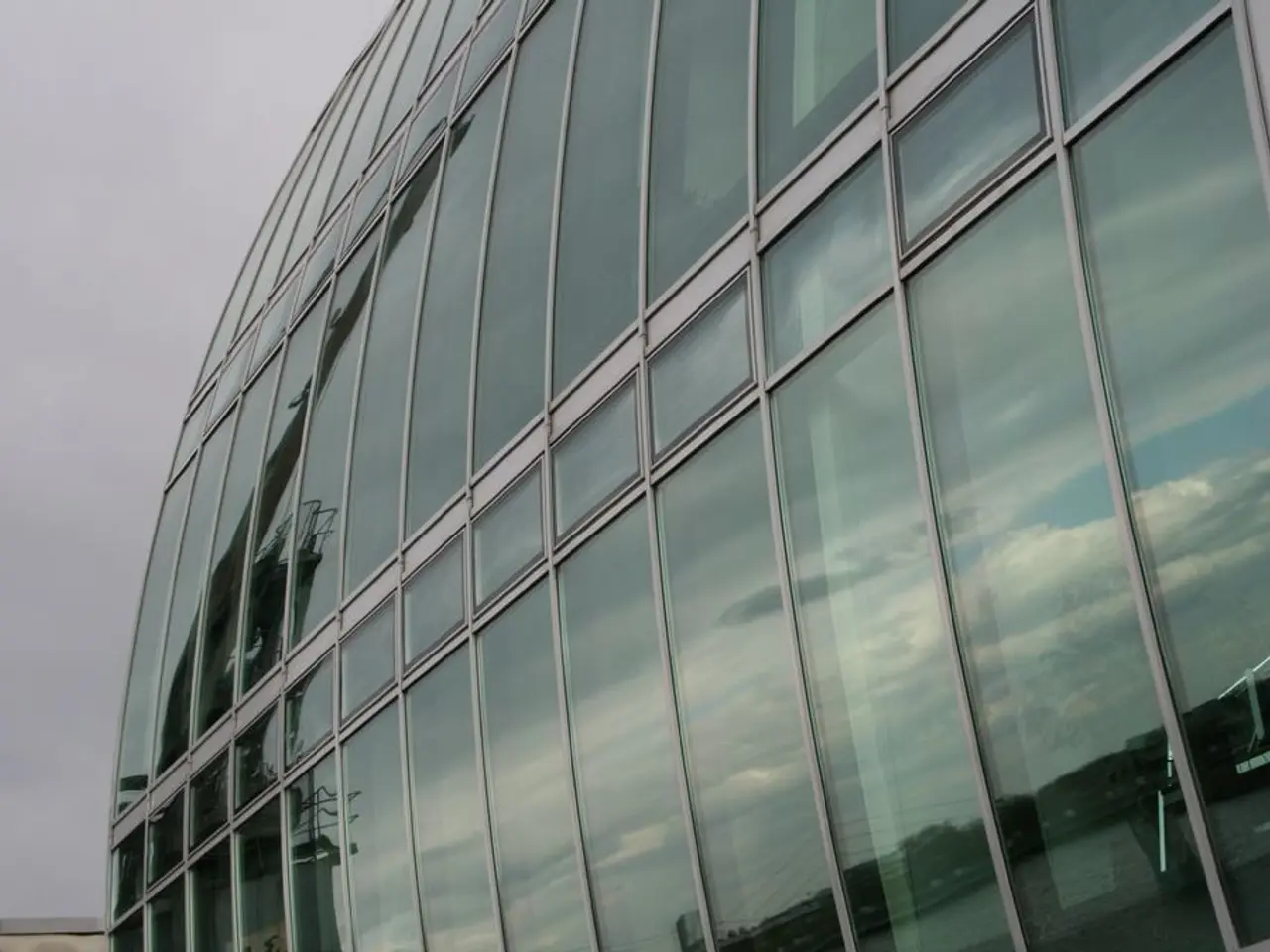Assessing the Value: Is Investment in Security a Necessity or a Burden? Delving into the Notable Advantages
In the realm of corporate security, a significant debate is unfolding as businesses weigh the advantages and disadvantages of outsourcing their security needs. This article explores the key arguments on both sides, providing a comprehensive overview of the issue.
Many businesses are examining the benefits of having a non-cyber security function within their structure. Arguments for the need for security guarding in UK businesses often emphasize the value of professional protection services to safeguard assets, premises, and employees. Security guards provide 24/7 monitoring, access control, and incident intervention, which can reduce theft, vandalism, and violence risks.
From a cost-benefit analysis, hiring security guards in the UK generally costs between £18 and £30 per hour, with day rates from £250 to £550, depending on location, risk level, and service type. Outsourcing security can be cost-effective by cutting recruitment, training, and equipment costs associated with running in-house teams, with reported savings of 30-40% compared to managing internal security.
However, arguments against or questioning the need for dedicated security guarding often center on the expense involved, especially for smaller businesses or lower-risk environments, where the cost of guards might outweigh the actual risk or impact of incidents. Some businesses might prefer investment in technological solutions like CCTV, which have different cost structures and risks.
The role of in-house security teams versus outsourced guarding is crucial in this debate. In-house teams provide direct control and potentially closer alignment with company culture but come with higher fixed costs and administrative burdens. Outsourced providers offer flexibility, access to expertise, and often better economies of scale but may feel less integrated with business operations.
Adanac Services, a provider of corporate security services, highlights the necessity of considering security expenses in all business decisions, regardless of size. Rod Stobie, a professional in corporate security with various certifications, underscores the importance of identifying issues and mitigating them before they reach the business and its people.
The end of the in-house security team is a question that is being considered in many businesses. The provision of a safe and secure workplace is both a legal and moral right that requires the presence of a fully embedded security professional and a well-managed, motivated organization. Corporate security professionals also provide intelligence-based solutions and due-diligence background screening for prospective engagements.
In summary, UK businesses must balance security needs and risks against costs, considering whether in-house guarding or outsourcing better fits their profile, and complementing personnel with technology where appropriate. The return from national restrictions for the COVID-19 pandemic has highlighted the need for in-person security professionals to manage the safe and secure return to office/site and face-to-face operations.
- While the debate on in-house security teams versus outsourced guarding is ongoing, finance executives in businesses often consider the cost-effectiveness of outsourcing security, which may offer savings of 30-40% compared to managing internal security teams.
- When making decisions about corporate security, it's crucial for business owners to understand that the provision of a safe and secure workplace is both a legal and moral obligation, requiring the presence of a fully embedded security professional who can provide intelligence-based solutions and due-diligence background screening.




